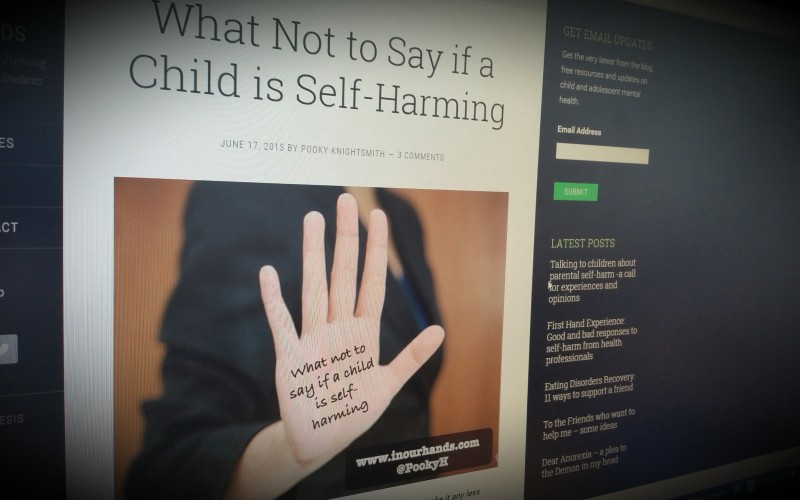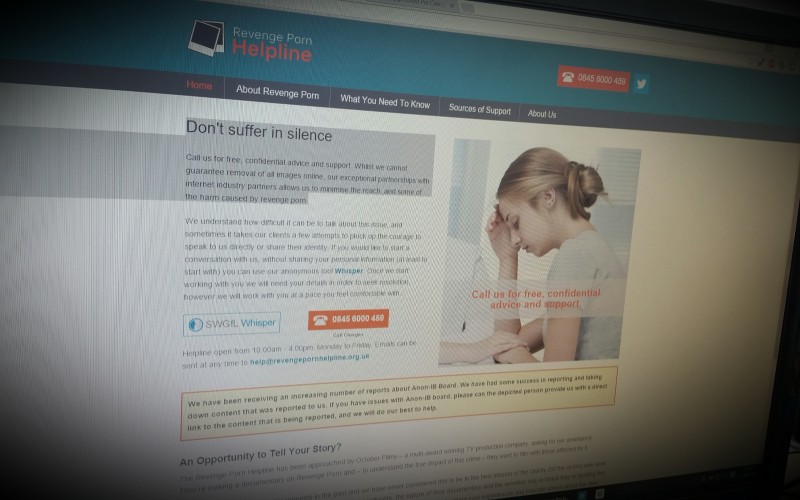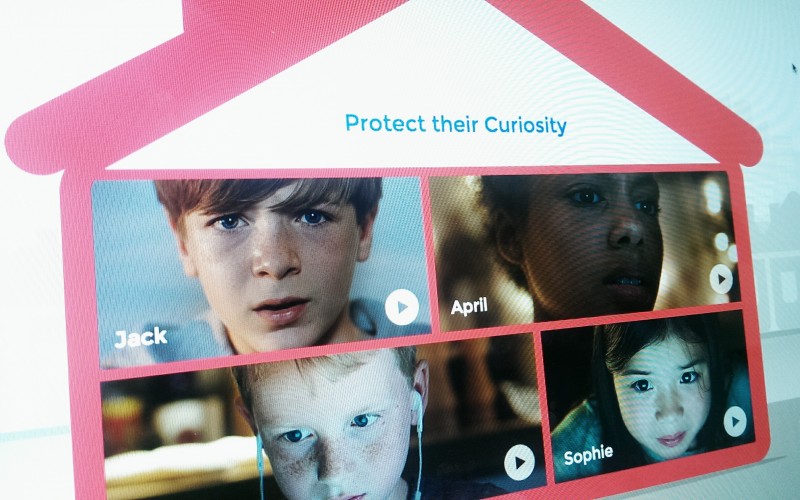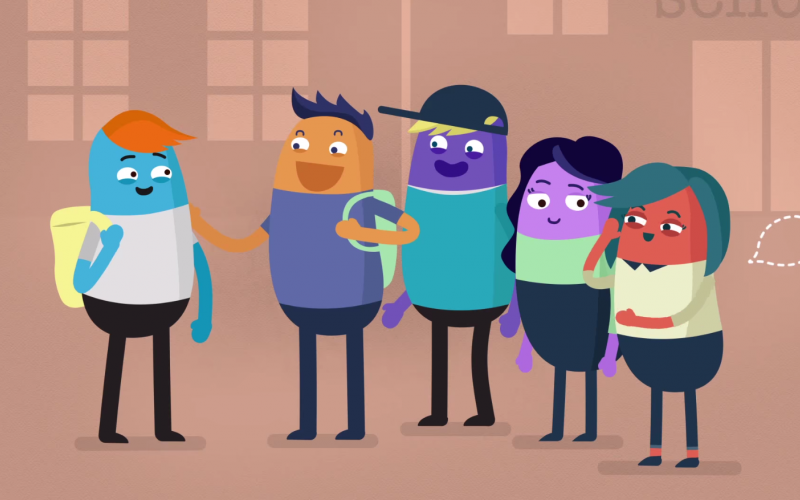'Self-harm is highly prevalent amongst teenagers – but that doesn’t make it any less shocking for a parent when they find out that their child is hurting themselves. Worried parents often ask me what they should and shouldn’t say – worried that the wrong approach may make things worse, so in this blog post I’m sharing a few pointers on what not to say as well as some advice about how to have a more positive conversation. This advice is all based on suggestions from young people and provides helpful pointers for friends, teachers or other staff too.' Dr Pooky Knightsmith
Useful resources for Parents and Carers
The revenge porn hotline is a free confidential service run by South West Grid for Learning. ''Don't suffer in silence. Call us for free, confidential advice and support. Whilst we cannot guarantee removal of all images online, our exceptional partnerships with internet industry partners allows us to minimise the reach, and some of the harm caused by revenge porn.'
Watch these four short and powerful videos by Internet Matters to help parents address esafety issues and their children's safety.
Some parents turn to socialmedia to punish and discipline their children by publicly shaming them.
The implications and consequences of this public shaming and humilation are serious and at times fatal.
Public humiliation videos will cause problems for young people when they apply for college and employment. It seems that parents do not realise the message; 'Post once and it's there forever' applies to their social media activity too.
It should also be noted that there have been tragic incidents where young people have taken their own lives following public shaming by their parents.
In the US there is a proposal to make parental public shaming of their children a state offence.
'Nude Selfies: What Parents and Carers Need to Know' is a series of four short animated films for parents and carers offering advice on how to help keep their children safe from the risks associated with sharing nude and nearly nude images.
The films aim to help parents and carers:
- Understand young people's motivations for sending nude selfies.
- Plan to respond positively and constructively to an incident in which their child has shared a nude selfie.
- Gain confidence and skills in initiating preventative conversations.
- Identify risky behaviours or situations and know where to seek help.
- Know how to get help if a child is at risk after sharing an image.
Extremism is not a new topic in education, but recent events and legislation require schools to be fully apprised with this area. London Grid for Learning have created this resource in partnership with Sara Khan from counter-extremism and women's rights organisation Inspire. She highlights the fact that mainstream Islam and ISIS are worlds apart, and lays out principles that apply equally to all forms of extremism, including the far-right. This resource should not only build professionals' confidence in safeguarding young people, but also help in challenging anti-Muslim sentiment and promote shared values and community cohesion.






Comments
make a comment